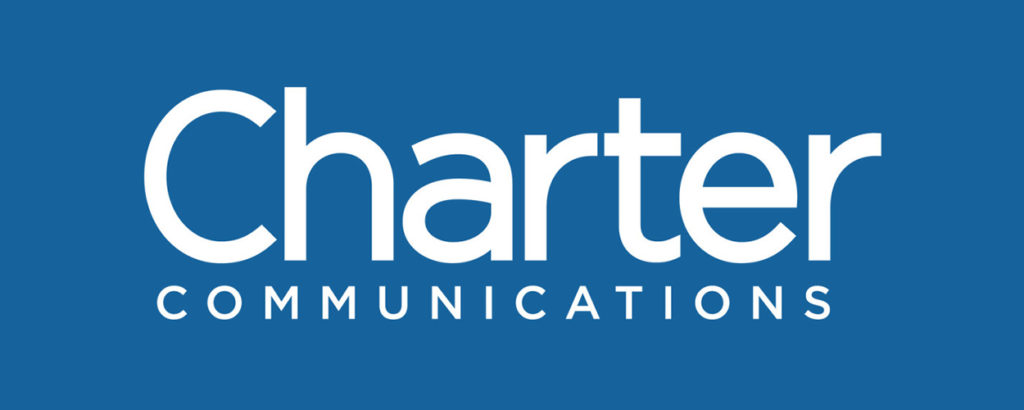This website uses cookies so that we can provide you with the best user experience possible. Cookie information is stored in your browser and performs functions such as recognising you when you return to our website and helping our team to understand which sections of the website you find most interesting and useful.
Business News Labels & Publishers Legal
US net firm made “millions” by ignoring piracy, say labels
By Chris Cooke | Published on Thursday 4 July 2019

The major record companies have said that US internet service provider Charter Communications made millions of dollars by turning a blind eye to the music piracy occurring on its networks.
Therefore, the labels argue, the net firm should be held liable for its users’ copyright infringement, and that liability should be for vicarious as well as secondary infringement. The kind of infringement was a key theme of the record industry’s latest court submission in its ongoing battle with Charter.
The US record industry sued the ISP back in March over the copyright infringement undertaken by its users. The lawsuit came in the wake of BMG’s litigation against Cox Communications, which was ultimately settled in the music firm’s favour, and the ongoing legal battle between the wider record industry and Grande Communications.
In all three cases the ISPs have claimed that they are protected from liability for their users’ illegal distribution of music online by the pesky copyright safe harbour. But the music industry argues that in order to qualify for safe harbour protection the net firms need to have functioning systems for dealing with infringing activity and repeat infringers when made aware of such things by rights owners.
Cox, Grande and Charter all had such systems in place, but the allegation is that, in practice, those systems were deliberately shoddy because none of the companies were particularly keen on the idea of cutting off their customers on copyright infringement grounds. So they had a repeat infringer policy in theory, to pay lip service to the law, but in reality they routinely ignored user infringement that they were very much aware of.
Because of that, the record industry reckons that both Grande and Charter should be held liable for both vicarious and secondary infringement. The kind of infringement is important because it has an impact on any potential damages that the ISPs might be forced to pay. Liability for vicarious infringement would likely result in a bigger pay day for the labels.
Grande successfully had the vicarious infringement bit of the record industry’s case against it dismissed, and last month Charter sought to do likewise. Which is why the record companies were filing additional arguments with the court earlier this week.
In its motion to have the vicarious infringement claim dismissed last month, Charter said that the record companies original lawsuit “lacks plausible allegations that Charter received a direct benefit from the alleged infringement or had the practical ability to stop it”. Both those things, it said, are required to prove vicarious infringement.
Responding, the labels state that, “pursuant to its terms of service, Charter reserves the right to terminate users’ accounts if they engage in copyright infringement”. This gave the ISP the “contractual right” to limit its users’ piracy when made aware of it by a music company and, therefore, it did, in fact, have “the practical ability to stop it”.
Why didn’t it act? “The reason for Charter’s refusal to act is simple”, the labels say. “By tolerating users’ infringement, Charter reaps millions of dollars in subscription fees that it would have to forgo if it terminated infringing users’ accounts”. And in that fact, the labels argue, Charter did directly benefit from the alleged infringing activity. The ISP, they add, chose to “prioritise its own profits over its legal obligations”.
Charter, of course, hopes to ultimately have the claims of both vicarious and secondary infringement dismissed, but presumably focused on the former first because that’s where Grande had some success in its battle with the labels. It has to be said, on the secondary infringement point, things haven’t really gone Grande’s way so far. It remains to be seen if Charter can even clear the first vicarious infringement hurdle.





